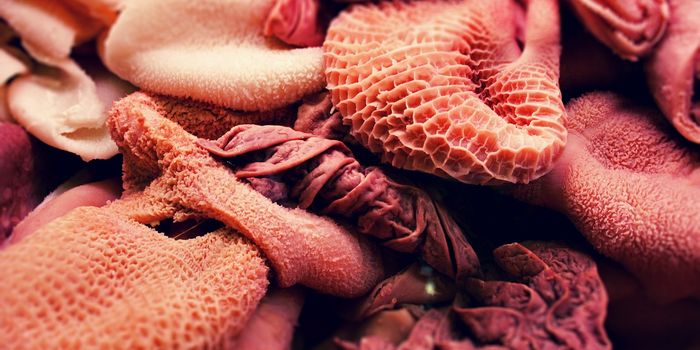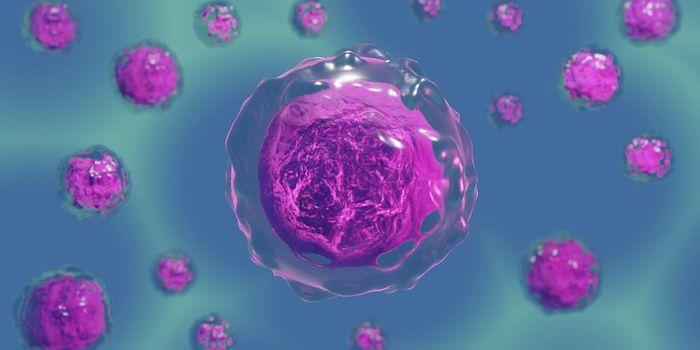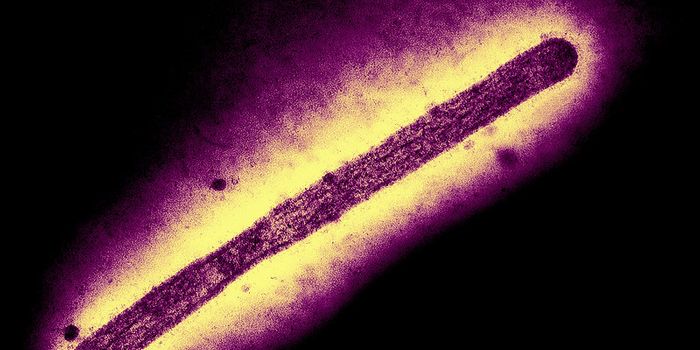Analysis of thousands of genes from the
1000 Genomes Project and genome sequences of ancient hominins has allowed scientists to discover a new connection between the genes of modern humans and those of Neanderthals. In a new study published in the
American Journal of Human Genetics, researchers gained insight into the evolution of the innate immune system from interbreeding between Neanderthals and modern humans thousands of years ago.

Geographic Distribution of the Neandertal-like TLR DNA
Image Credit: Dannemann et al./American Journal of Human Genetics 2016
Toll-like receptors (TLRs) are first-responders that recognize certain patterns on pathogens that invade the body and warn the immune system of their presence (
Nature). The innate immune system responds first with a non-specific response. Scientists found three TLR genes (TLR1, TLR6, and TLR10) that present at “higher levels of Neanderthal ancestry than the remainder of the coding genome.”
“Most adaptations in protein-coding genes occurred in the last 6,000 to 13,000 years, as human populations shifted from hunting and gathering to farming, “the researchers reported.
The TLR variants provide an enhanced response to incoming pathogens, making the immune response quicker and more powerful. However, this advantage could either provide stronger protection from disease or greater sensitivity to allergens.
“Interbreeding with archaic humans does indeed have functional implications for modern humans,” said Janet Kelso of the Max Planck Institute for Evolutionary Anthropology in Leipzig, Germany. “The most obvious consequences have been in shaping our adaptation to our environment, improving how we resist pathogens and metabolize novel foods.”
So whether you never seem to get sick or you sneeze within ten feet of a cat or ten times a day during pollen season, you could have Neanderthals to thank for your predisposition!
Source:
Cell Press









